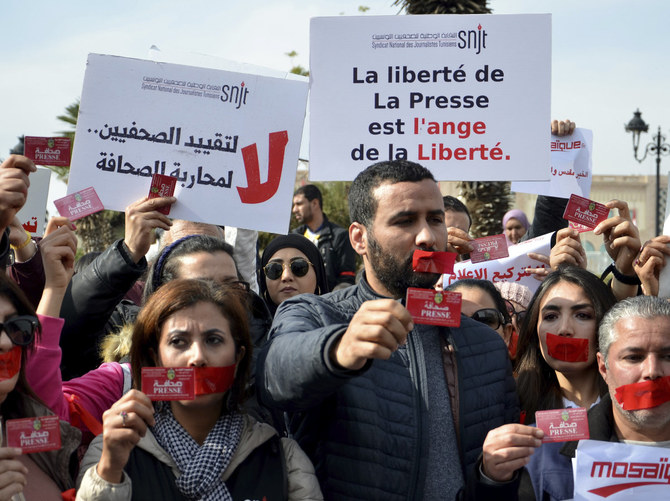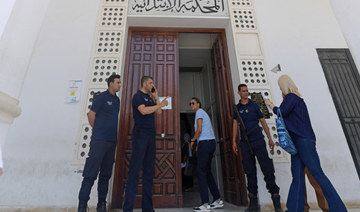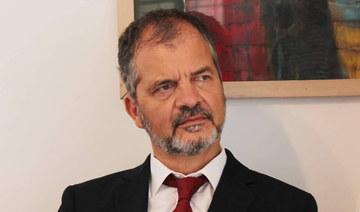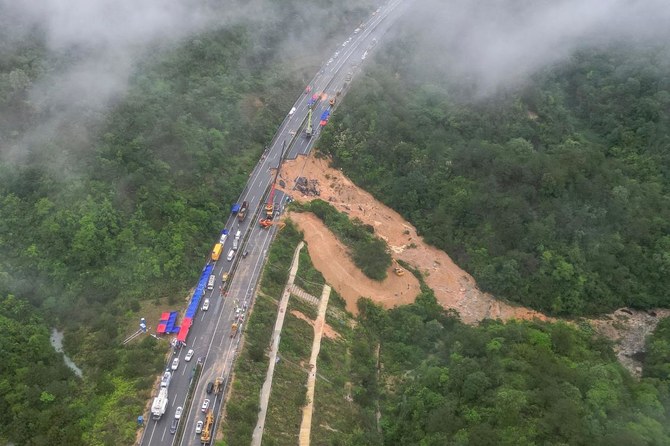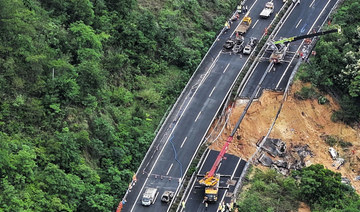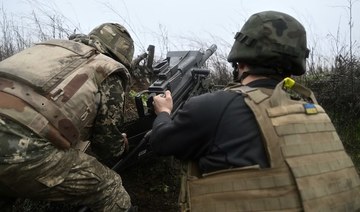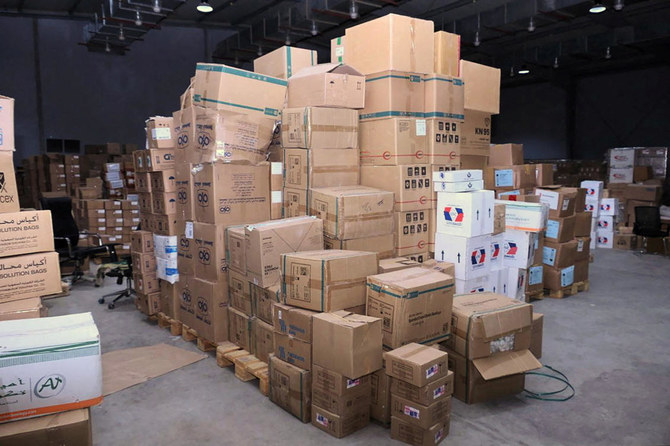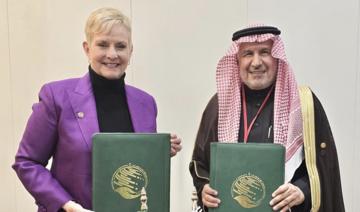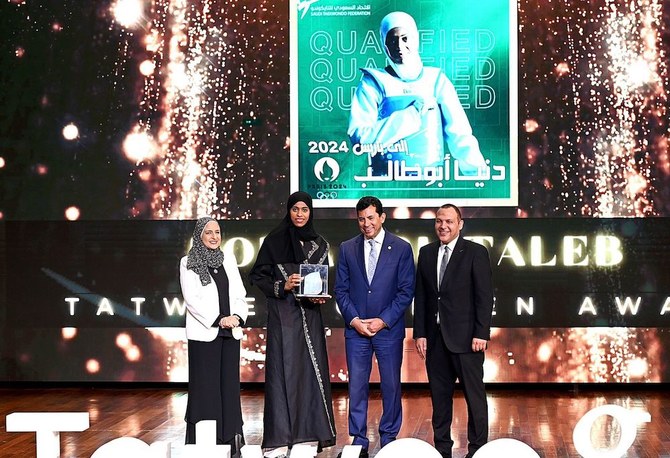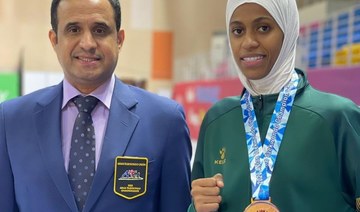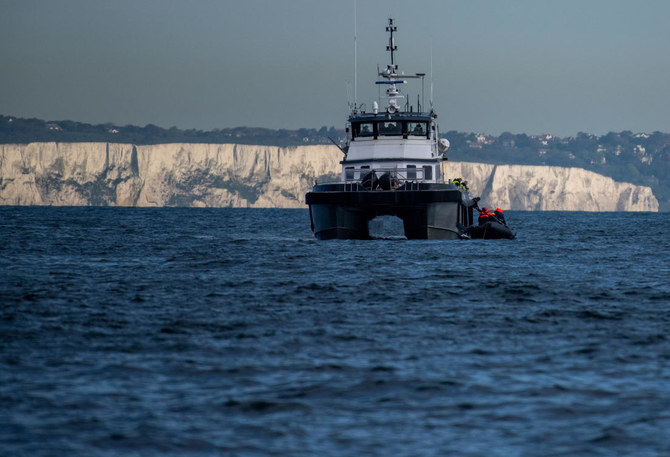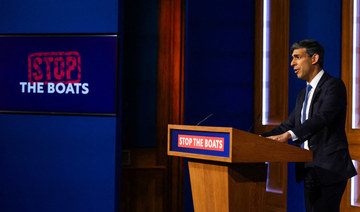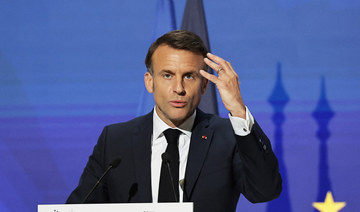TUNIS: Tunisia’s president on Thursday rejected “foreign interference and harm to the country’s sovereignty” after the US and Germany raised concerns over a recent wave of arrests of his critics.
“We are able to diagnose our problems,” President Kais Saied said, adding whoever wants to help Tunisians should “return our looted money and drop the accumulated debts.”
“We’re not occupied or a protectorate, we’re a sovereign state, and we know very well what we’re doing,” he said.
Ten public figures have been arrested in the past days, including a prominent businessman, the director of a popular private radio station and members of the Islamist-inspired Ennahdha party.
They are mainly critics of President Kais Saied, who in 2021 sacked the government, froze parliament and seized almost total power in moves rivals have called a coup.
“Our sovereignty is above all considerations... we are not under colonization, we are an independent sovereign country,” Saied said in a meeting with his prime minister Najla Bouden.
The US said it was “deeply concerned” by the reported arrests of political figures, business leaders and journalists in Tunisia.
“We respect the aspirations of the Tunisian people for an independent and transparent judiciary that is able to protect fundamental freedoms for all,” said State Department spokesman Ned Price.
Germany on Friday expressed alarm over the wave of arrests and called on the government to respect the independence of the judiciary.
Berlin “views with great concern that many representatives of the Tunisian opposition — politicians, journalists and activists — have been arrested in recent days,” government spokesman Wolfgang Buechner told a regular press conference.
“Democratic principles of freedom of expression and political diversity as well as the rule of law must apply in a democratic country like Tunisia,” Buechner said.
“We share the call of the United Nations High Commissioner for Human Rights for fair trials under the rule of law and for the independence of the judiciary,” he said.
The National Salvation Front, Tunisia’s main opposition coalition, on Wednesday called the arrests “repressive” and said they would “deepen the rot.”
“Tunisia is in a difficult economic and social situation and we do not want to leave the Tunisian people alone,” Buechner said.
Saied on Wednesday accused some of those detained of being responsible for price increases and food shortages in the north African country, and of wanting to fuel a social crisis.
The opposition has said the arrests aim to silence dissent, empower a slide toward autocracy and cover up Saied’s failure to manage the worsening social and economic crisis.
The arrests have raised fears of a wider crackdown on dissent and prompted the UN Human Rights Office to call for the immediate release of detainees.
Tunisians have for months been suffering shortages of food commodities that economic experts say are mainly caused by a crisis in public finances as the state attempts to avert bankruptcy while negotiating for an international bailout.
Last month, Moody’s ratings agency downgraded Tunisia’s debt, saying it would likely default on sovereign loans.
Saied shut down parliament, dismissed the government in July 2021 and moved to rule by decree, moves his critics called a coup.
No to press suppression!
Journalists’ union chief Jlassi said authorities were “irked by the content of Mosaique FM’s programs, but this repression will not affect the will of journalists to defend their freedom.”
The powerful UGTT trade union federation said Saied’s government was trying to “snuff out every independent or opposition voice” by targeting the media.
It called on unions to “mobilize and prepare to defend the rights of Tunisians.”
But Saied hit back at what he called “lies,” telling Prime Minister Najla Bouden that the administration was acting with “full respect for the law.”
“Has a single newspaper been shut down? Has a single program been banned? Has a single journalist been prosecuted for anything relating to journalism?” he asked in a video posted on the presidency’s Facebook page on Thursday.



